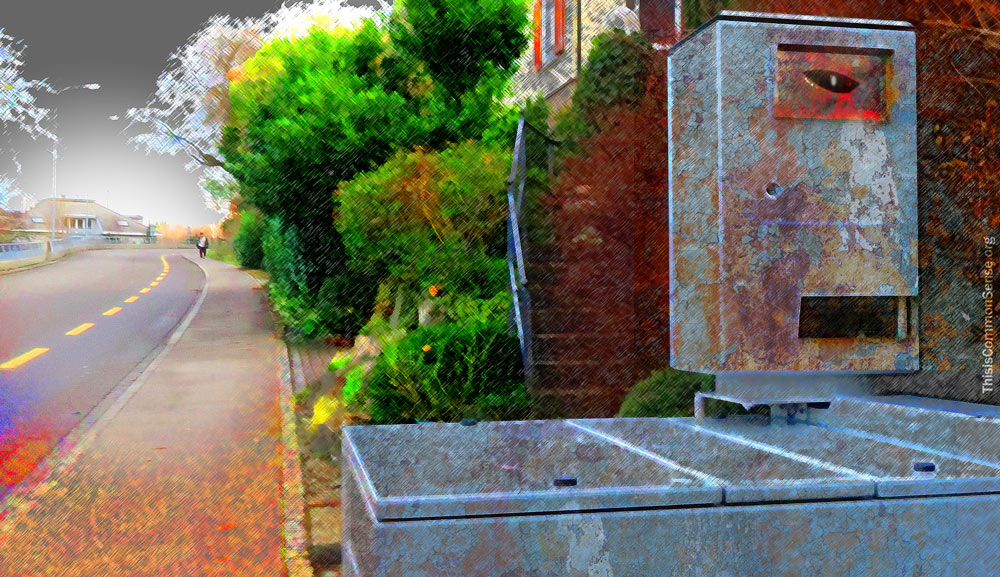“Excessive bail shall not be required, nor excessive fines imposed, nor cruel and unusual punishments inflicted.”
Although less controversial than other constitutional amendments, the much-neglected Eighth Amendment provides important protection from the government. Yet this amendment has been violated, sometimes grotesquely, and not only in the context of criminal sanctions.
The question before the Ninth Circuit Court of Appeals, decided July 22, was whether local governments must comply with the prohibition against “excessive fines” when issuing parking tickets.
“This right to be free from excessive governmental fines is not a relic,” the court ruled. “The government cannot overstep its authority and impose fines on its citizens without paying heed to the limits posed by the Eighth Amendment.” Providing the basis for the present decision was a 2019 Supreme Court decision affirming that the Excessive Fines Clause does indeed apply to state and local governments.
The driver who is the focus of the class-action suit did not win his specific case. With respect to whether the fine he contested was in fact “excessive,” the court said no, it was not. But it sent the question of whether the late penalties were excessive to a lower court for further review.
The principle is crucial here, and the court clearly affirmed the rule that local governments may not impose “excessive fines.”
The many drivers in many municipalities who have been victimized by ridiculous use of red-light cameras to fill government coffers are among those who should take heart.
This is Common Sense. I’m Paul Jacob.
—
See all recent commentary
(simplified and organized)

